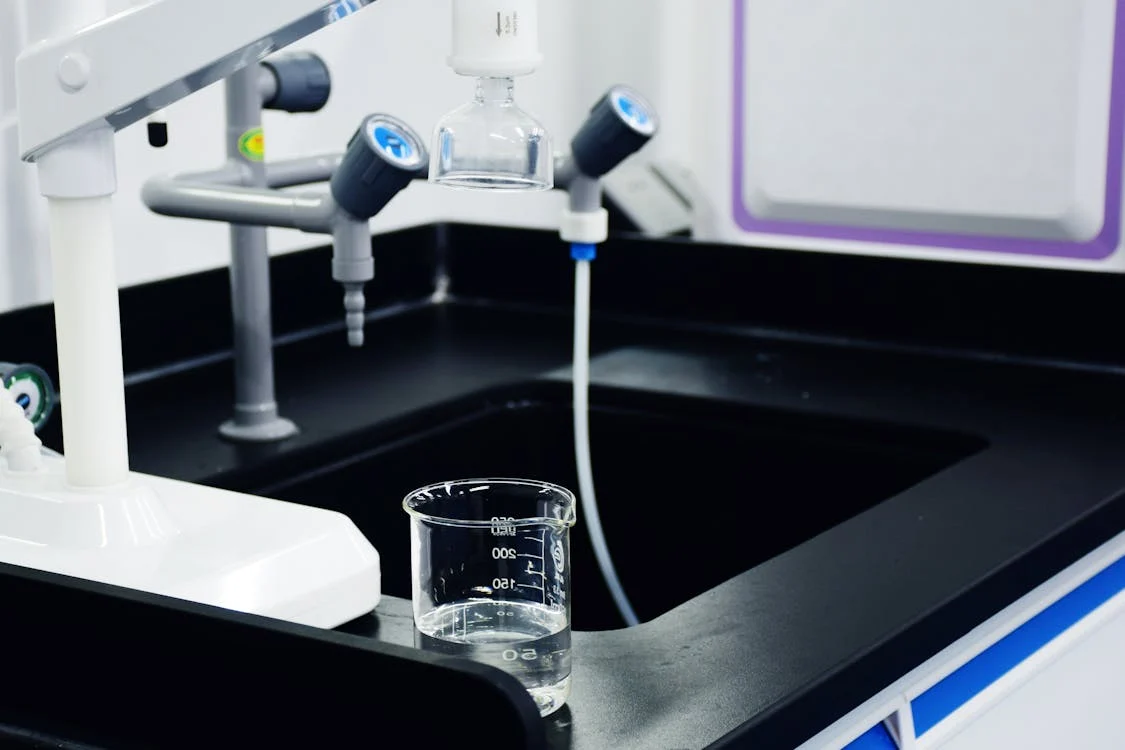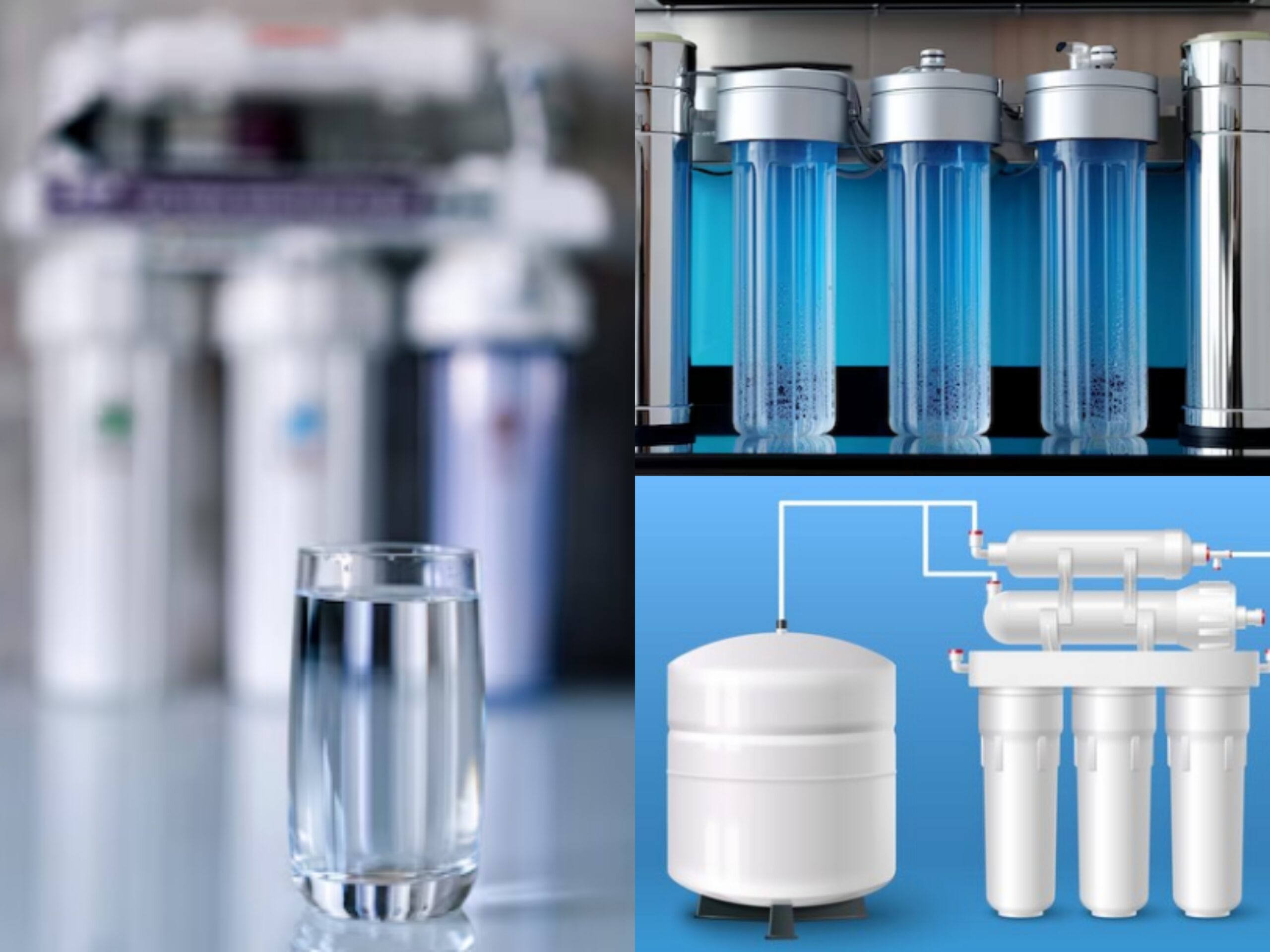-
World Water Day 2025: Focus on Glacier Preservation
World Water Day, celebrated annually on March 22nd since 1993, is a global event dedicated to raising awareness about the critical importance of freshwater and advocating for sustainable management of water resources. This day serves as a reminder of the pressing challenges regarding water scarcity, quality, and accessibility that millions around the world face. It…
-

How Does Temperature Affect Water Quality?
Water is one of the most crucial elements for life on Earth. It sustains ecosystems, human health, agriculture, and industry. But did you know that something as simple as temperature can have a profound impact on the quality of water? Temperature influences various physical, chemical, and biological processes that determine whether water is clean, safe,…
-

Brewing tea removes lead from water
EVANSTON, Ill. — Good news for tea lovers: That daily brew might be purifying the water, too. In a new study, Northwestern University researchers demonstrated that brewing tea naturally adsorbs heavy metals like lead and cadmium, effectively filtering dangerous contaminants out of drinks. Heavy metal ions stick to, or adsorb to, the surface of the tea…
-

Maximizing Crop Yields Through Effective Soil Testing
Agriculture is the spine of worldwide meal manufacturing, and soil performs a vital function in ensuring healthy crop yields. Soil trying out is an essential exercise that enables farmers and agricultural professionals to optimize soil fertility, enhance plant health, and maximize productiveness. By understanding soil composition, farmers can make knowledgeable choices approximately fertilizers, irrigation, and…
-

The Sustainable Development Goals and Water Testing: Ensuring a Healthier Future
Water is a fundamental aid vital for existence, health, and development. Recognizing its importance, the United Nations has included easy water and sanitation as considered one of its 17 Sustainable Development Goals (SDGs). SDG 6 objectives are to ensure the supply and sustainable management of water and sanitation for all by 2030. An essential thing…
-

Safe Water, Safe Lives: The Critical Role of Water Testing in Reducing Child Mortality in Urban Slums
Access to clean water is an essential human property, yet millions of people in urban slums around the sector are deprived of this necessity. Contaminated water is a leading reason for baby mortality, especially in overcrowded and underserved communities. Effective water trying out can play a pivotal position in mitigating this disaster by way of…
-

Engaging children in water testing education in slum communities…
Clean water is a fundamental human right, yet millions of people in slum communities face daily struggles with contaminated water sources. The lack of access to safe drinking water results in numerous health issues, including waterborne diseases that disproportionately affect children. While large-scale interventions often focus on infrastructure and government policies, involving children in water…
-

Mechanical Testing: Ensuring Strength & Reliability
Mechanical checking outperforms an important position in evaluating the properties, overall performance, and sturdiness of substances and metals. Industries starting from production to aerospace rely heavily on those assessments to make certain product protection and performance. Delves into the importance, methods, and programs of mechanical checking out for materials and metals. Why Mechanical Testing Matters…
-

High-Quality Soil Analysis with Hitachi XRF Soil Analyzers
Soil analysis is critical for agriculture, environmental tracking, and geological studies. Advanced technologies like X-ray fluorescence (XRF) spectroscopy offer speedy, correct, and non-negative trying out of soil composition. Hitachi XRF Soil Analyzers provide industry-leading precision and reliability, making them a desired choice for professionals. What is XRF Soil Analysis? XRF soil analysis is a method…
-

Career Paths in Environmental Science & Testing: Building a Sustainable Future
Environmental science and trying out is a multidisciplinary subject that performs a pivotal role in understanding and addressing environmental demanding situations. With the growing emphasis on sustainability and environmental safety, this area gives a variety of professional opportunities for individuals obsessed with developing a greener and healthier planet. Why Choose a Career in Environmental Science…
